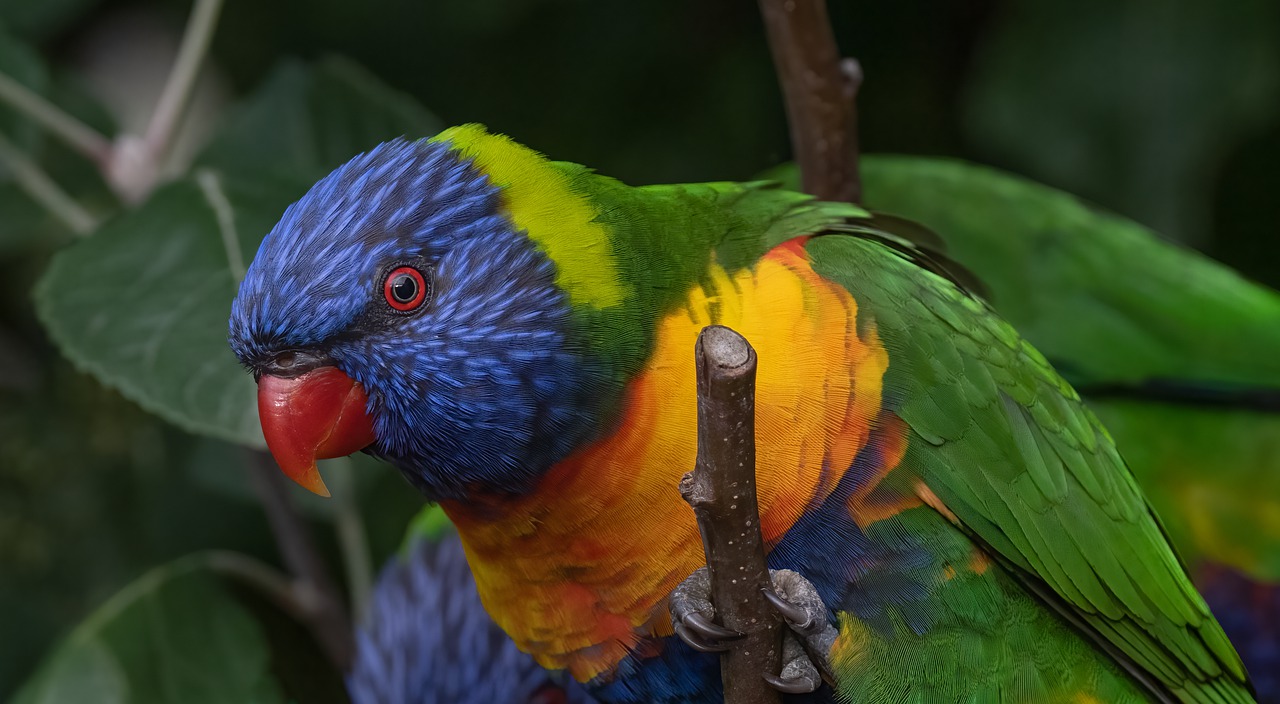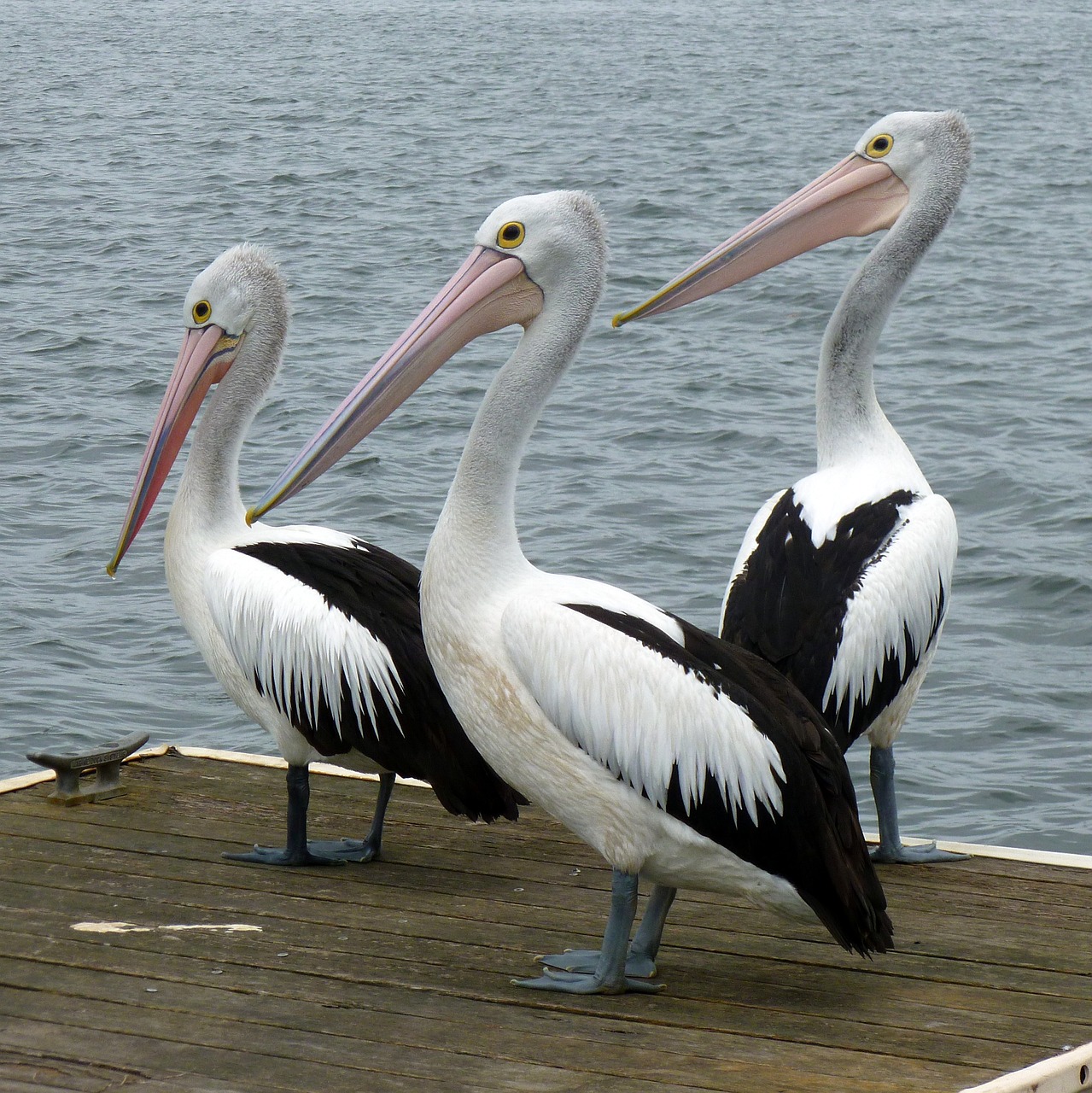Banking and Financial Services for Nomads in Australia
Australia is a popular destination for digital nomads and travelers due to its vibrant culture, stunning landscapes, and thriving economy. As a nomad in Australia, it is important to have access to reliable banking and financial services to manage your finances effectively. This article will provide a comprehensive guide to banking and financial services for nomads in Australia, covering everything from opening bank accounts to accessing ATMs and managing money transfers.
Bank Account Options
Opening a bank account in Australia is a straightforward process for nomads. There are several options available, including traditional banks, online banks, and digital banking platforms. Here are some popular choices:
- Commonwealth Bank: One of the largest banks in Australia, Commonwealth Bank offers a range of accounts suitable for nomads. They have a user-friendly online banking platform and a wide network of ATMs.
- ANZ Bank: ANZ Bank is another major player in the Australian banking sector. They provide various account options and have a strong presence across the country.
- ING: ING is an online bank that offers attractive features for nomads, such as fee-free ATM withdrawals worldwide and competitive exchange rates.
- Revolut: Revolut is a digital banking platform that allows you to hold and transfer money in multiple currencies. They offer low fees and convenient currency exchange options.
ATM Access
Accessing ATMs is crucial for nomads to withdraw cash and manage their day-to-day expenses. In Australia, ATMs are widely available, particularly in urban areas. Here are some key points to keep in mind:
- Bank ATMs: Most banks in Australia have their own ATMs, which are accessible to their customers without additional fees.
- Independent ATMs: Independent ATMs are also common in Australia, particularly in convenience stores and shopping centers. These ATMs may charge a fee for withdrawals, so it’s important to check before using them.
- International ATMs: If you’re an international nomad, it’s essential to find ATMs that accept foreign cards. Major banks and popular tourist areas usually have ATMs that support international cards.
Money Transfers
As a nomad, you may need to send or receive money internationally. Australia offers various options for money transfers, including traditional methods and digital platforms. Here are some popular choices:
- Bank Transfers: Most banks in Australia provide international money transfer services. However, they often charge high fees and offer less competitive exchange rates compared to specialized transfer providers.
- TransferWise: TransferWise is a popular digital platform that allows you to send and receive money internationally at competitive rates. They offer transparent fees and fast transfers.
- PayPal: PayPal is widely used for online transactions and money transfers. It is a convenient option, but keep in mind that they charge fees for certain transactions and may have limitations on the amount you can transfer.
- Western Union: Western Union is a global money transfer service that enables you to send and receive money quickly. They have a wide network of agents across Australia.
Tax Considerations
As a nomad in Australia, it’s crucial to understand the tax obligations and implications. Here are some key points to consider:
- Tax Residency: Your tax residency status in Australia depends on various factors, including the duration of your stay and your ties to the country. If you meet the criteria for tax residency, you will be subject to Australian taxes on your worldwide income.
- Goods and Services Tax (GST): Australia has a Goods and Services Tax (GST) of 10%, which applies to most goods and services. It’s important to factor this into your budget and understand the implications for your purchases.
- Income Tax: If you earn income in Australia, you will likely be required to file an income tax return. The tax rates vary depending on your income level and residency status.
- Superannuation: Superannuation is Australia’s retirement savings system. If you work in Australia, your employer may be required to contribute to a superannuation fund on your behalf. It’s important to understand the rules and options related to superannuation.
Insurance
Insurance coverage is essential for nomads to protect themselves and their belongings while in Australia. Here are some types of insurance to consider:
- Health Insurance: Australia has a public healthcare system called Medicare, which provides basic medical services to Australian residents. However, as a temporary visitor, you may not be eligible for Medicare. It’s advisable to have comprehensive health insurance to cover any medical expenses.
- Travel Insurance: Travel insurance is crucial for nomads to protect against unexpected events such as trip cancellations, lost baggage, or medical emergencies. Make sure to choose a policy that suits your needs and covers your activities.
- Vehicle Insurance: If you plan to drive in Australia, it’s essential to have appropriate vehicle insurance. Whether you’re renting a car or driving your own vehicle, ensure you have adequate coverage.
Financial Planning
Having a solid financial plan is important for nomads to manage their money effectively and achieve their financial goals. Here are some tips for financial planning:
- Budgeting: Create a budget to track your income and expenses. This will help you understand your financial situation and make informed decisions.
- Saving and Investing: Set aside a portion of your income for savings and investments. Consider options such as high-interest savings accounts or investment portfolios to grow your wealth.
- Emergency Fund: Build an emergency fund to cover unexpected expenses or financial setbacks. Aim to save at least three to six months’ worth of living expenses.
- Retirement Planning: Plan for your future by considering retirement options such as superannuation or other investment vehicles. Seek professional advice if needed.
Australia Image 1:

Banking Security
Ensuring the security of your banking and financial transactions is essential. Here are some tips to protect your financial information:
- Secure Online Banking: Use strong passwords and enable two-factor authentication for online banking. Avoid accessing your accounts on public Wi-Fi networks and regularly monitor your transactions.
- Card Safety: Keep your debit and credit cards secure. Avoid sharing card details with anyone and report any lost or stolen cards immediately.
- Regular Updates: Keep your devices and banking apps up to date with the latest security patches and software versions.
- Be Wary of Scams: Be cautious of phishing emails, suspicious websites, and unsolicited phone calls asking for your personal or banking information. Verify the authenticity of any requests before sharing sensitive data.
Australia Image 2:

Conclusion
Banking and financial services for nomads in Australia are easily accessible and cater to the needs of digital nomads and travelers. By choosing the right bank account, understanding ATM access, utilizing money transfer options, considering tax obligations, obtaining insurance coverage, and implementing financial planning strategies, you can effectively manage your finances while enjoying your nomadic lifestyle in Australia.
References
– Commonwealth Bank: www.commbank.com.au
– ANZ Bank: www.anz.com.au
– ING: www.ing.com.au
– Revolut: www.revolut.com
– TransferWise: www.transferwise.com
– PayPal: www.paypal.com
– Western Union: www.westernunion.com
– Medicare: www.humanservices.gov.au/individuals/medicare
– Australian Taxation Office: www.ato.gov.au
– Australian Securities and Investments Commission: www.asic.gov.au
– MoneySmart: www.moneysmart.gov.au
– Australian Government: www.australia.gov.au
– Travel Insurance: www.comparethemarket.com.au/travel-insurance
– Superannuation: www.ato.gov.au/Individuals/Super
– Australian Cyber Security Centre: www.cyber.gov.au

